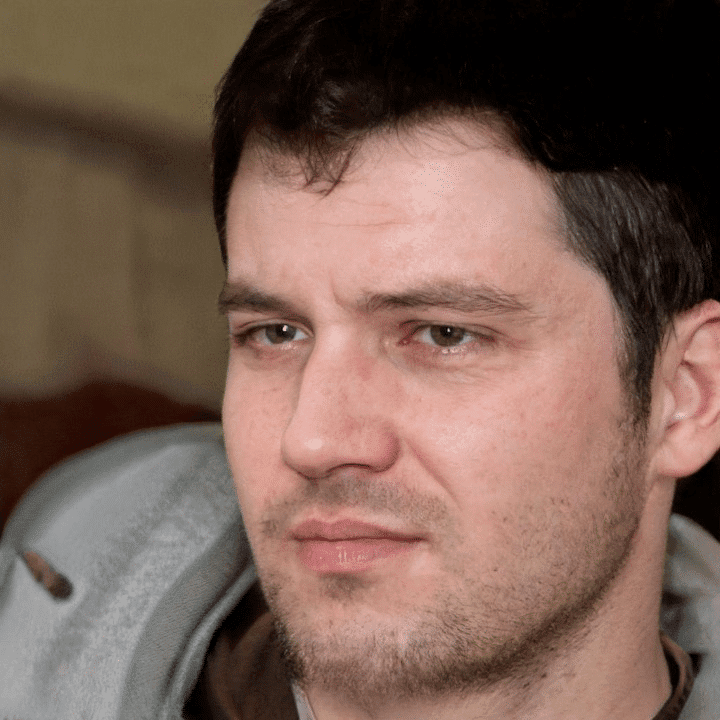The human body is an extraordinary marvel of biology and engineering, a complex system capable of astonishing feats of endurance, adaptation, and recovery. The phrase “Your body can stand almost anything” isn’t just a motivational cliché; it’s a profound truth rooted in millions of years of evolution, showcasing an inherent resilience that often surpasses our conscious understanding.
At its core, the body possesses an incredible ability to heal itself. From mending broken bones and repairing torn muscles to fighting off countless pathogens, our internal repair mechanisms work tirelessly. Wounds close, cells regenerate, and damaged tissues are systematically rebuilt, often returning stronger than before. This constant process of renewal and repair is a testament to the body’s intrinsic drive to maintain health and integrity, even in the face of significant trauma or illness.
Beyond healing, the body demonstrates remarkable adaptability to extreme conditions. Individuals living at high altitudes develop more red blood cells to efficiently carry oxygen in thinner air. Exposure to cold can trigger changes in metabolism and body composition, while repeated exposure to heat can enhance cooling mechanisms. Athletes push their physical limits in grueling marathons, ultra-endurance races, and extreme sports, showcasing how cardiovascular, muscular, and nervous systems can be trained and conditioned to perform far beyond perceived normal boundaries. These adaptations aren’t merely passive; they are dynamic responses that allow us to survive and even thrive in diverse and challenging environments.
The mind-body connection plays a pivotal role in this resilience. Mental fortitude often dictates how far the physical body can be pushed. Pain tolerance, the ability to persevere through discomfort, and the sheer will to survive are powerful drivers that enable individuals to overcome seemingly insurmountable physical challenges. Survival stories from shipwrecks, natural disasters, or prolonged periods of deprivation consistently highlight the synergistic power of a determined mind and a resilient body working in unison.
Of course, the word “almost” is crucial. The body is not indestructible, and it requires fuel, rest, and intelligent care to function optimally. It has limits, and pushing beyond those limits without proper preparation and recovery can lead to harm. However, what we often perceive as a limit is frequently just a temporary barrier that, with training, patience, and a deep understanding of our physiology, can be moved far further than we initially thought possible. The body’s capacity for recovery even from extreme stress, given the right conditions, is equally remarkable.
To truly unlock and appreciate this inherent strength, it is essential to engage in practices that support and challenge our physical selves. Regular exercise, a balanced and nutritious diet, adequate rest, and effective stress management are not just components of good health; they are fundamental to building a more robust, adaptable, and resilient physical form. By recognizing and respecting the incredible capabilities encoded within our very being, we can cultivate a deeper appreciation for our physical potential and live more fully, understanding that our true limits are often far beyond what we first conceive.

A storyteller navigating the globe. On this page, I bring you the events shaping our world through my own lens. My mission is to enlighten with information.

